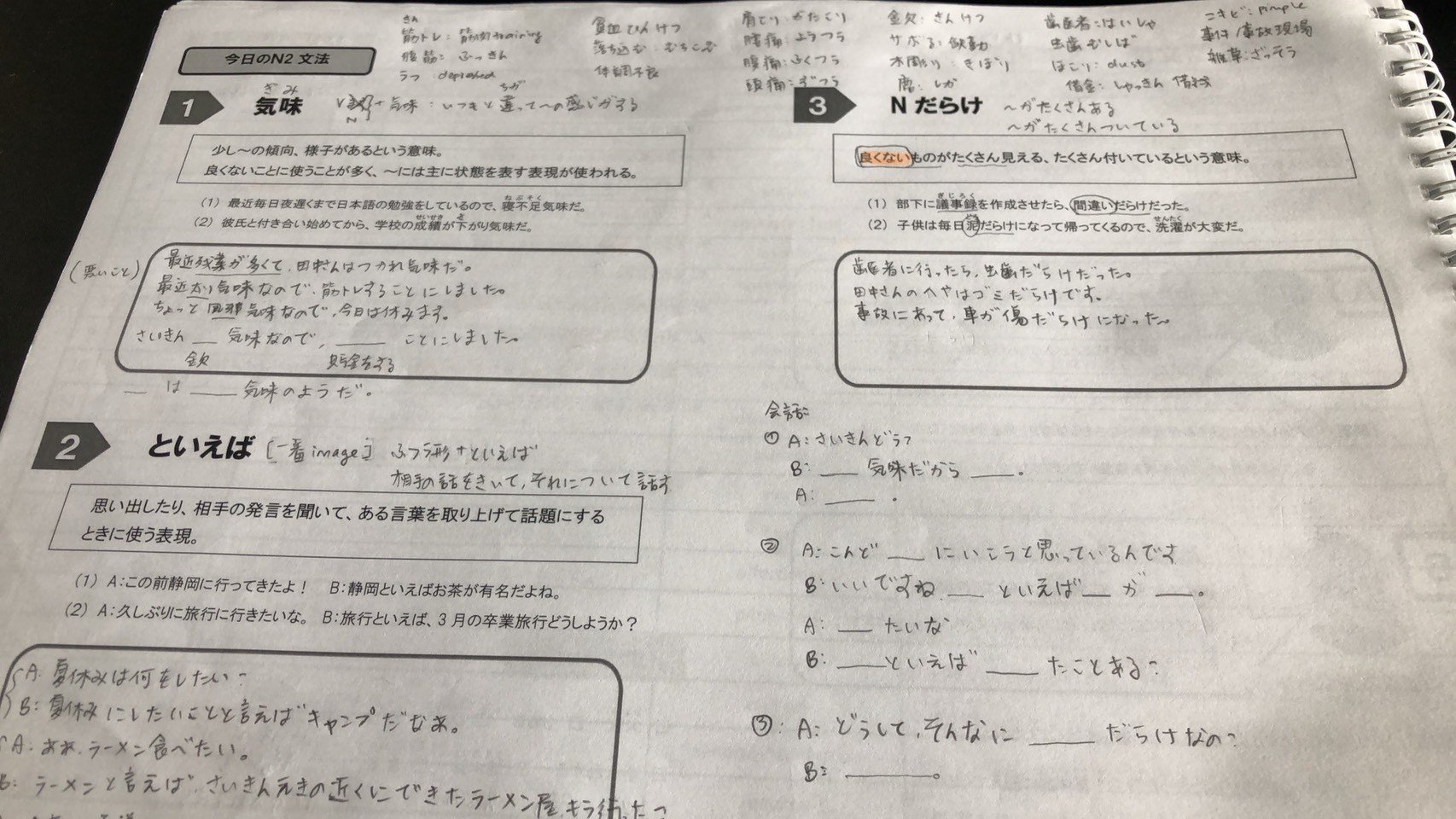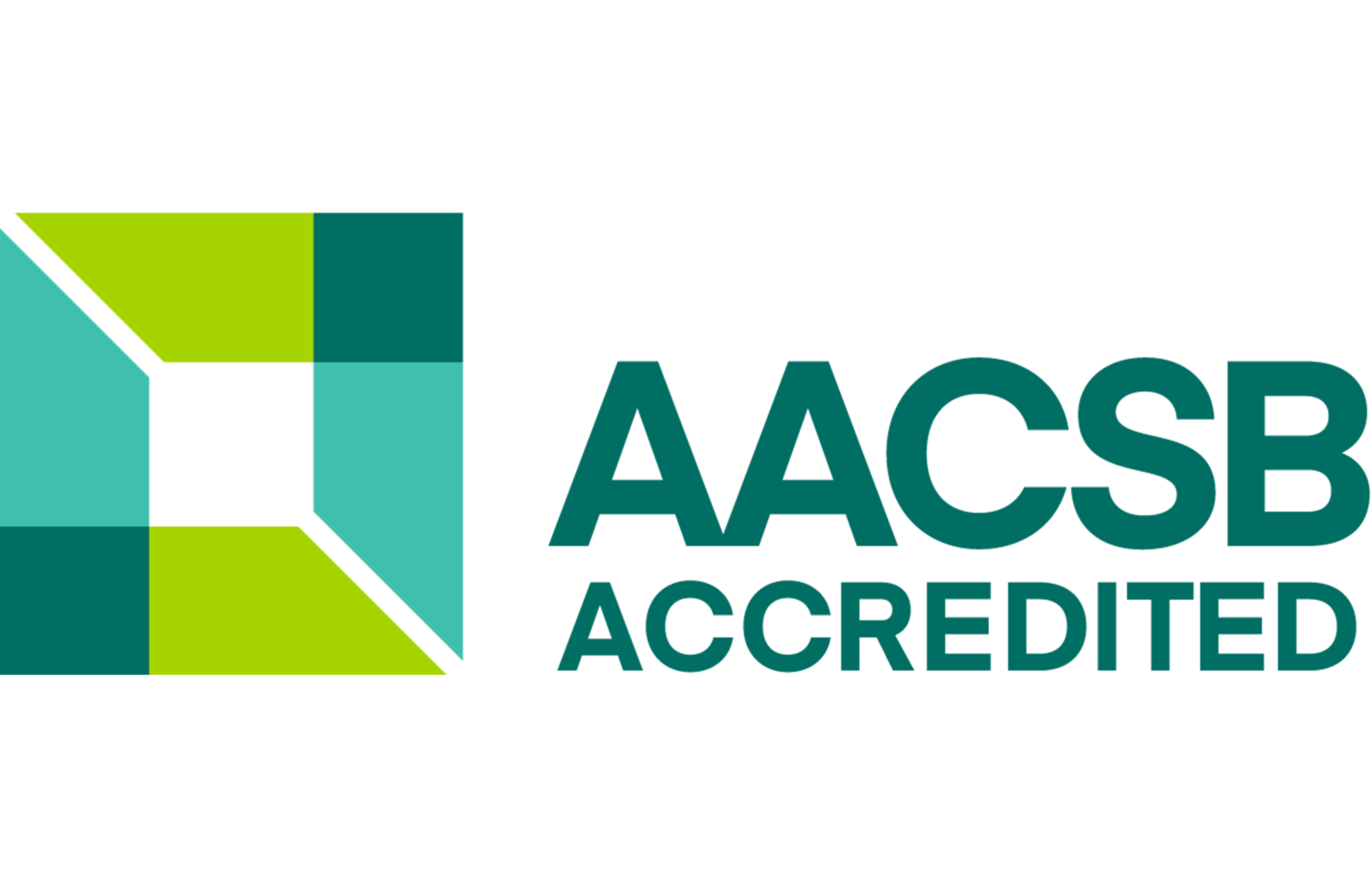Almost 80% of the students come from outside of Japan and a majority of the students are willing to pursue a career in Japan after graduation. Although our MBA program is fully conducted in English, many international students have significantly improved their Japanese by graduation. How do they do it?
In this article, we asked three MBA students (Class of 2020), Kin, Viola, and Yiwei, about their experiences of learning Japanese.
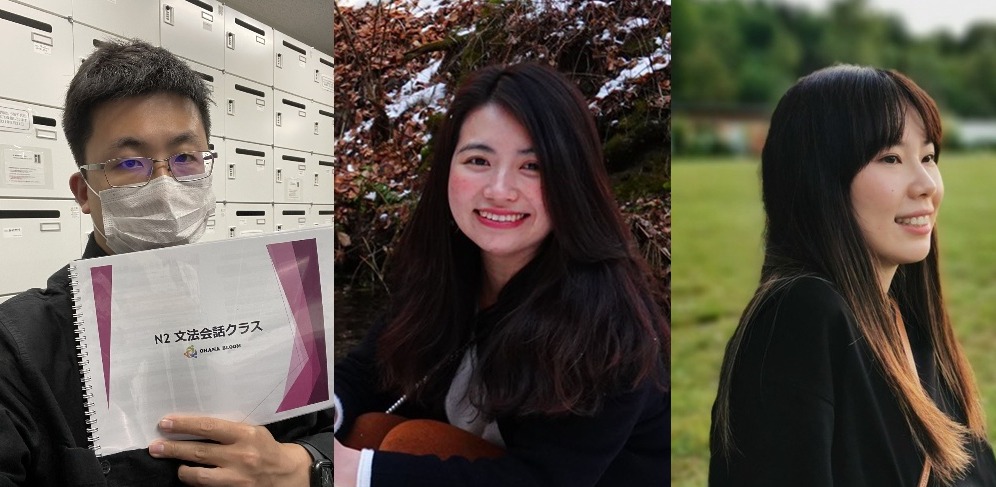
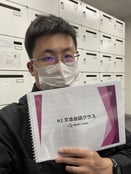
Deciding to take a higher-lever Japanese course outside and spend more time learning Japanese besides my course schedule
Kin (Jin Haochi)
When I came to Japan in January 2021, I was only at JLPT level 4, I could read some
Japanese, but it’s still difficult for me to handle daily communication with Japanese people.
Since I’m a two-year student, and I’m planning to find a job in Japan, Japanese will be mandatory. Also, by talking to some of my classmates, they all mentioned that if you want to work in Japan, learning Japanese is the top priority. So, I decided to spend more time learning Japanese. The Japanese language course at Hitotsubashi ICS is a very good way for me to review basic Japanese language knowledge and practice oral skills.
But due to the limitation of my course schedule, it is still not enough for me to pass the N2 JLPT test.
Thus, I realized that I have to take a higher-level Japanese course outside. Now I’m taking an N2 level Japanese course with some of my classmates. It’s a three-month course, held twice a week in the evening in Ikebukuro. Compared to the Japanese course held at Hitotsubashi ICS, this course is more difficult and intense. There is a short test at the beginning of every session, which forces you to review the vocabulary and grammar from the last session. In addition, you also get a lot of chances to talk during the class, which is quite important. I expect to be able to pass the N2 JLPT level test after this three-month course and be able to understand most of the Japanese in my daily life.
For those who are planning to find a job in Japan after graduation, I suggest you spend more time studying Japanese. It’s a perfect opportunity to learn Japanese in Japan. If possible, you may consider buying a TV at your place. Watching the daily news and TV programs would be an effective way of improving your listening skills and your language sense.

“Practice, practice, and practice”. It makes a difference when commit time and effort!
Viola(Chui Yee Lee)
I studied Japanese in college for 3 years and passed JLPT N2 when I graduated. I have always wanted to improve my speaking Japanese, which would give me more chances to interact with local people in my daily life and in the workplace. I would like to develop my career in Japan, so improving my Japanese proficiency is on the top of my priority list. I enrolled in an N1 speaking class at a language school where I could spend 6 hours a week doing role-plays, dialogues, and chatting freely with classmates and Japanese teachers. I learned more natural expressions and sentence structures that are commonly used in daily conversations. We talked about job relocation-related issues last week. The weekly themes are nicely designed to fit students’ backgrounds and needs, while also allowing us to understand more about the Japanese culture. My advice to the future Hitotsubashi ICS students is "Practice, practice, and practice". It makes a difference when we commit time and effort!
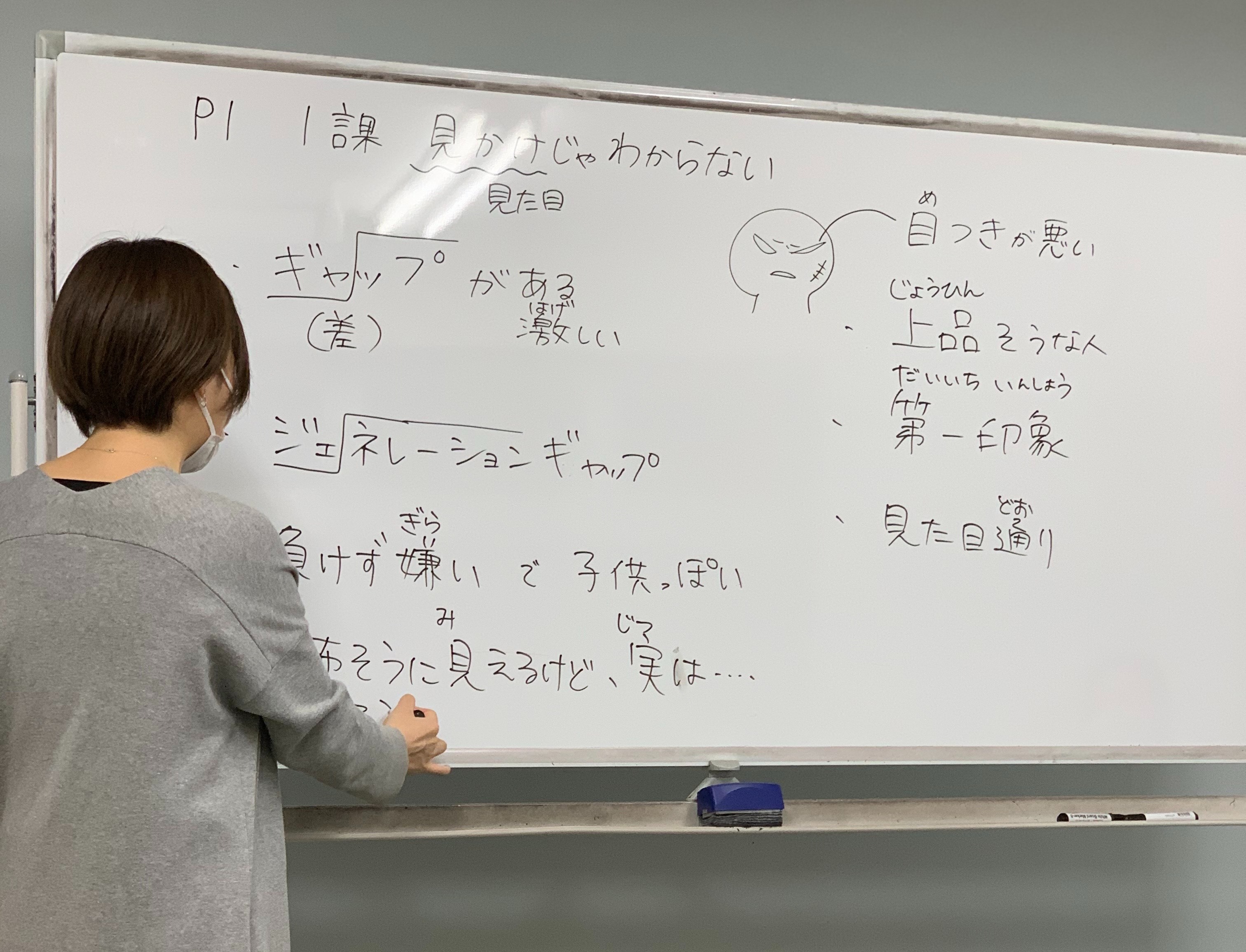

Watching Japanese dramas, TV programs, and studying with friends provides a lot more motivation for me.
Yiwei ( Yiwei Zhong)
The first difference between the Japanese class offered at Hitotsubashi ICS and outside is the content. The Hitotsubashi ICS course is intended to help students lay a good foundation in Japanese language
learning, whereas many of the schools outside help student prepare for the JLPT exam.
The second difference is the pace of the class. The Hitotsubashi ICS course meets once a week for two hours, and the class I’m taking outside of Hitotsubashi ICS meets twice a week, with each class being three hours long. Apart from taking classes, I personally find it very helpful to watch Japanese dramas, TV programs that have a story, especially those with a lot of conversation in a daily setting. In terms of JLPT exam preparation, fortunately, my language school breaks down all the grammar and goes through all of it in the course of 3 months, using conversation and lectures. I also bought a vocabulary book and try to get into the habit of memorizing some vocabulary every day. Last but not least, I feel very fortunate to have many friends who are on the same journey. Studying with friends provides a lot more motivation for me.
